Users Who Spiked
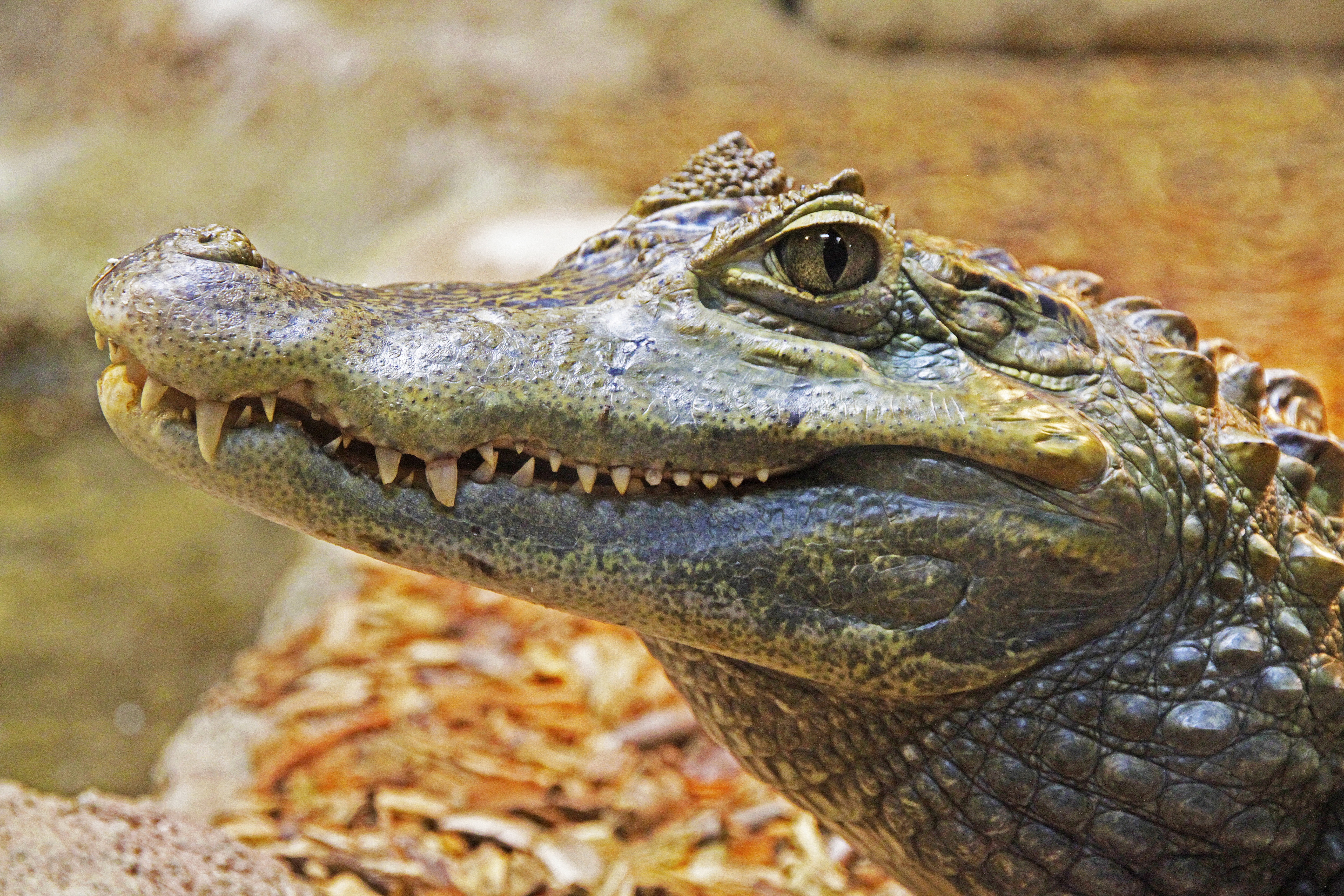
THE INVISIBLE ALLIGATOR - OR FIVE MISCONCEPTIONS ABOUT SCIENCE
Private Notes
Private Notes
Notes
Try asking me about history or philosophy and I’ll give you a blank stare. But, if you need a science person on your pub trivia team, I’m ready to step up to the plate. During my time in college, I earned two science degrees - ecology and biology. I also studied several other “ologies” like entomology (insects), mycology (fungi), anthropology (primates), and microbiology (microbes). While science is definitely in my wheelhouse, I get that it’s not for everyone. I’m sometimes frustrated, however, by the general lack of understanding that the public has for the scientific process.
If you don’t quite have a grasp of what science is all about, I don’t blame you. There’s a whole lot of science miscommunication out there. Science is often reported by people who themselves don’t really understand it. I remember once reading a news article about some breaking research. Afterward, I looked up the actual scientific publication the article was trying to summarize and realized that they’d got it all wrong. That’s precisely the kind of situation that’s given rise to the field of Science Communication, an area I’m particularly enthusiastic about (can you tell). It’s all about bridging the gap between scientific knowledge and public knowledge in a responsible way.
I’m resisting the urge to carry on about SciComm, but in the interest of clearing the air of just a few misconceptions, please allow me to clarify some things:
“Scientifically proven” - This is BS. Science doesn’t prove anything. I know it sounds shocking, but science can only collect evidence for or against. Think of it this way: I tell you that I’ve got an alligator in my apartment. At first, you don’t know if I’m telling the truth or not. You need to collect some data - i.e. search my apartment. You go in the front door, examine all the rooms, and come up empty. No alligator. You now have evidence to support your opinion that I’m a liar. But, you can’t prove (meaning eliminate any shadow of a doubt) that there’s no alligator in my apartment because maybe you just couldn’t find it or maybe I have another apartment that I haven’t told you about. To further support your conclusion, you might ask someone else to search for the alligator. You might pull up my bank account to see if I’ve made any purchases of Alligator Chow lately. If those searches come up equally as empty, your conclusion that I’m lying about my scaly roommate is further supported. If enough of these inquiries don’t turn up reptiles, you might have yourself a theory. Which brings me to my next point.
“It’s just a theory” - Admittedly, this one is a personal pet peeve. When most people say this, they generally mean to dismiss the subject as just an idea someone had once. But in scientific terms, a theory is something that cannot be reasonably disproven. It means that a lot of time and effort and testing and research has gone into finding out if it’s true or not and nobody can say it isn’t. Take the “theory” of evolution. Evolution isn’t just an idea that popped into Darwin’s head as he was having lunch one day. It may have started out as an idea, but people all over the world throughout time have looked for evidence of evolution and found it over and over again. Evolution is another topic I could babble on about, but let’s get on with the topic at hand.
“One minute chocolate is good for you, and the next, it isn’t. Scientists don’t know what they’re doing.” - Yes, it can be frustrating if you’re trying to plan your diet around the latest research. Dieting is one topic that gets an absurd amount of press, namely because a lot of people want to sell you diet products. So, when researchers publish something that seems to indicate eating a cube of chocolate a day might reduce cholesterol, reporters jump all over it. There are several possible culprits at work here. One, the research could have been misreported or misinterpreted. Two, it takes more than one study to reach a reliable conclusion. If one lab somewhere studied chocolate, found that it reduced cholesterol, and published their findings, that’s not the end of the story. Science is reliant on being reproduce-able. Maybe that lab made a mistake, or maybe they only tested 100 people ages 18-24 with an existing heart condition. Until someone else comes along and tests the same thing, there’s still some question as to how reliable the information is. So, jumping on this one publication about chocolate doesn’t mean you can say it’s good for everyone all the time.
“Scientific conclusions are set in stone.” - Let’s look back on that alligator example. You and all of your friends looked all over my apartment, dumped out all the drawers, found the door to my secret basement, and - just for good measure - drained the swimming pool. Nobody found any sign of an alligator anywhere. You might be tempted to say there’s no alligator in my apartment and you’d certainly appear to be correct. So, you come back to me and accuse me of misrepresenting the facts. Still, I insist that there’s an alligator in there. I certainly seem like some sort of crackpot…for now. Flash forward 50 years. A lab in Toronto has discovered a way to detect invisible alligators! They send a team down to my apartment (which I remarkably still have 50 years later) and scan my rooms with the new device. And what do ya know? They find my alligator. What once appeared to be pretty solid info has now been turned on its head. Science, put simply, says, “here’s what we have discovered, based on the available information.”
“Science and religion are opposites.” - It may seem, from the number of famous scientists executed or otherwise persecuted by The Church, that these two modes of thought are diametrically opposed. However, if we consider that science endeavors to explain the natural world, and religion to explore the supernatural, then the two simply can’t be in conflict. It’s when one attempts to explain the other that we run into trouble. It’s entirely possible to be both a theologian and a chemist. Let’s look at Gregor Mendel. He wasn’t a chemist, but is credited as the “father of genetics.” He was also an abbot and Augustinian friar. Pea plants were his thing. He experimented with breeding different plants with each other to see what their offspring would look like. This didn’t conflict with his religion at all, but was in fact prompted to do this research by his professors at the monastery.
And that’s the end of my rant about science. For now.
Comments
Please login to post comments on this story
-
“One minute chocolate is good for you, and the next, it isn’t. Scientists don’t know what they’re doing.”
This is a big one. It feels like you can never know what the truth is with so much information everywhere. Unless you dig in and do tons of research, it's hard to know exactly what's good for you and what isn't. Crazy. Thanks for sharing Jen! -
However, if we consider that science endeavors to explain the natural world, and religion to explore the supernatural, then the two simply can’t be in conflict. It’s when one attempts to explain the other that we run into trouble. It’s entirely possible to be both a theologian and a chemist.
I completely agree. I would describe myself as more spiritual than religious. Science is the foundation for my belief system for the most part, but I am really open-minded when it comes to explanations about how we all came to be. It really bugs me when people try to dismiss the Big Bang theory because they feel it conflicts with their religious beliefs. I'm not sure why it is so unbelievable that maybe God was the one to cause the Big Bang. If they could believe that, then maybe they wouldn't feel so offended by it. What I take issue with the most is the idea that dinosaurs were never real...I just don't understand how someone can completely dismiss all of the evidence that they existed.-
I can see if we'd only found one set of dinosaur remains in one country by one group of scientists, it might be easy to dismiss. But, the evidence has been independently verified throughout the world. My pet peeve is the Flat Earthers. I mean, you can understand the world is round, just by looking at a ball and a flashlight.
-






















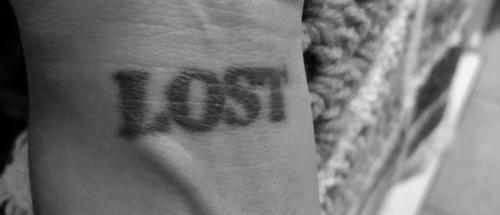







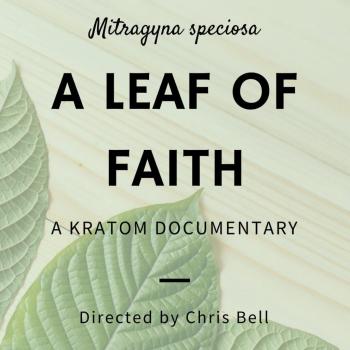
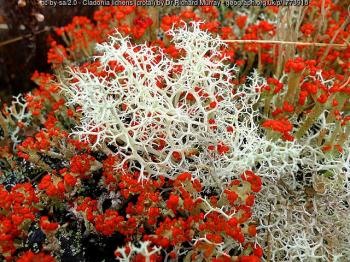

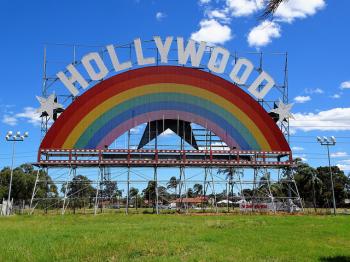

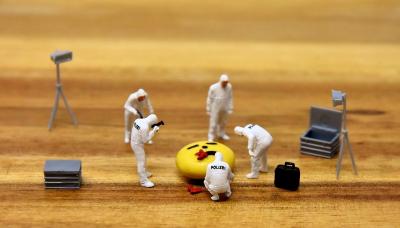


Thanks for reading! I just basically ignore diet "news" and try to eat a balanced diet with as few processed foods as possible. I figure my doctor can tell me if I'm lacking something.